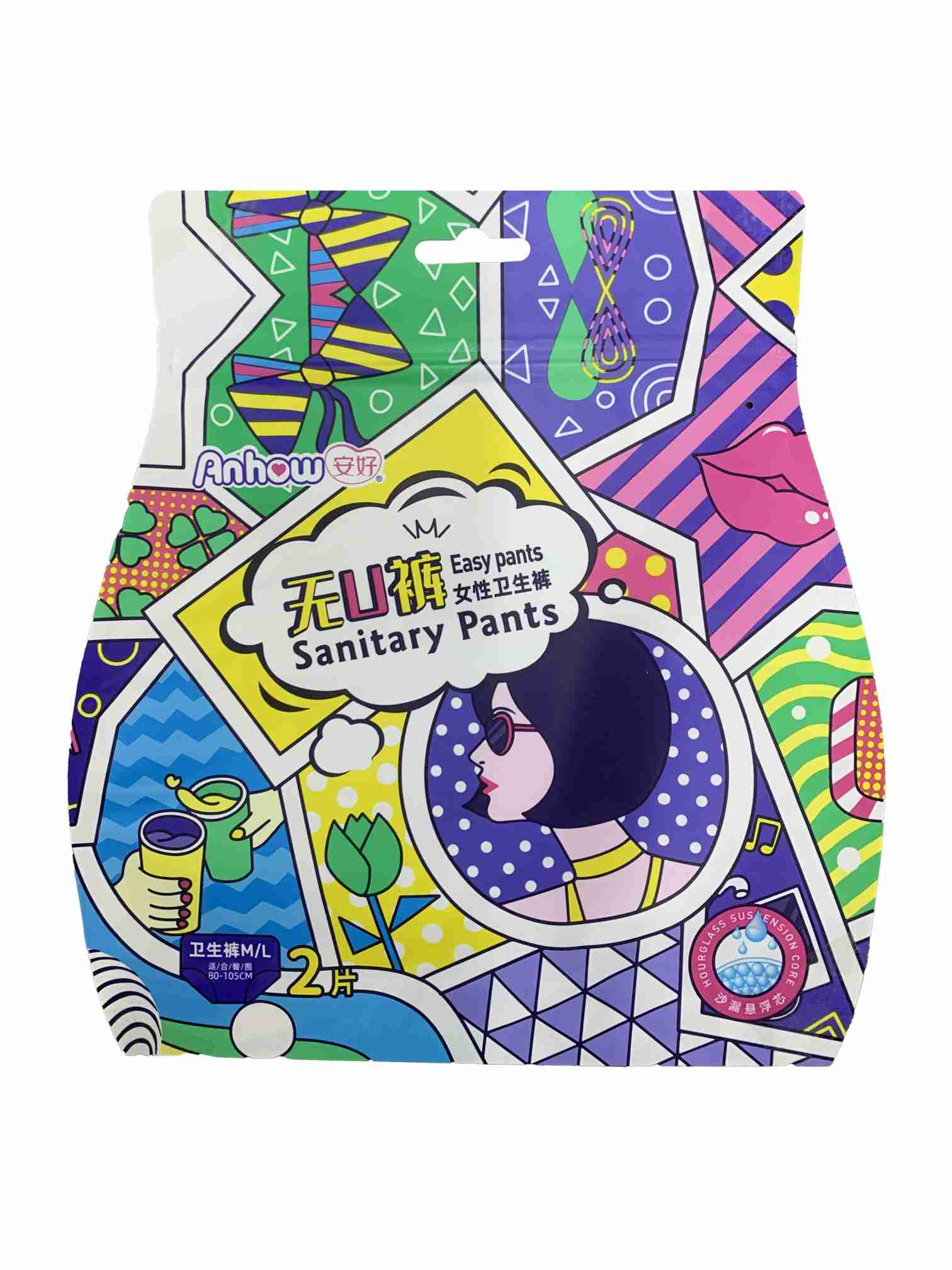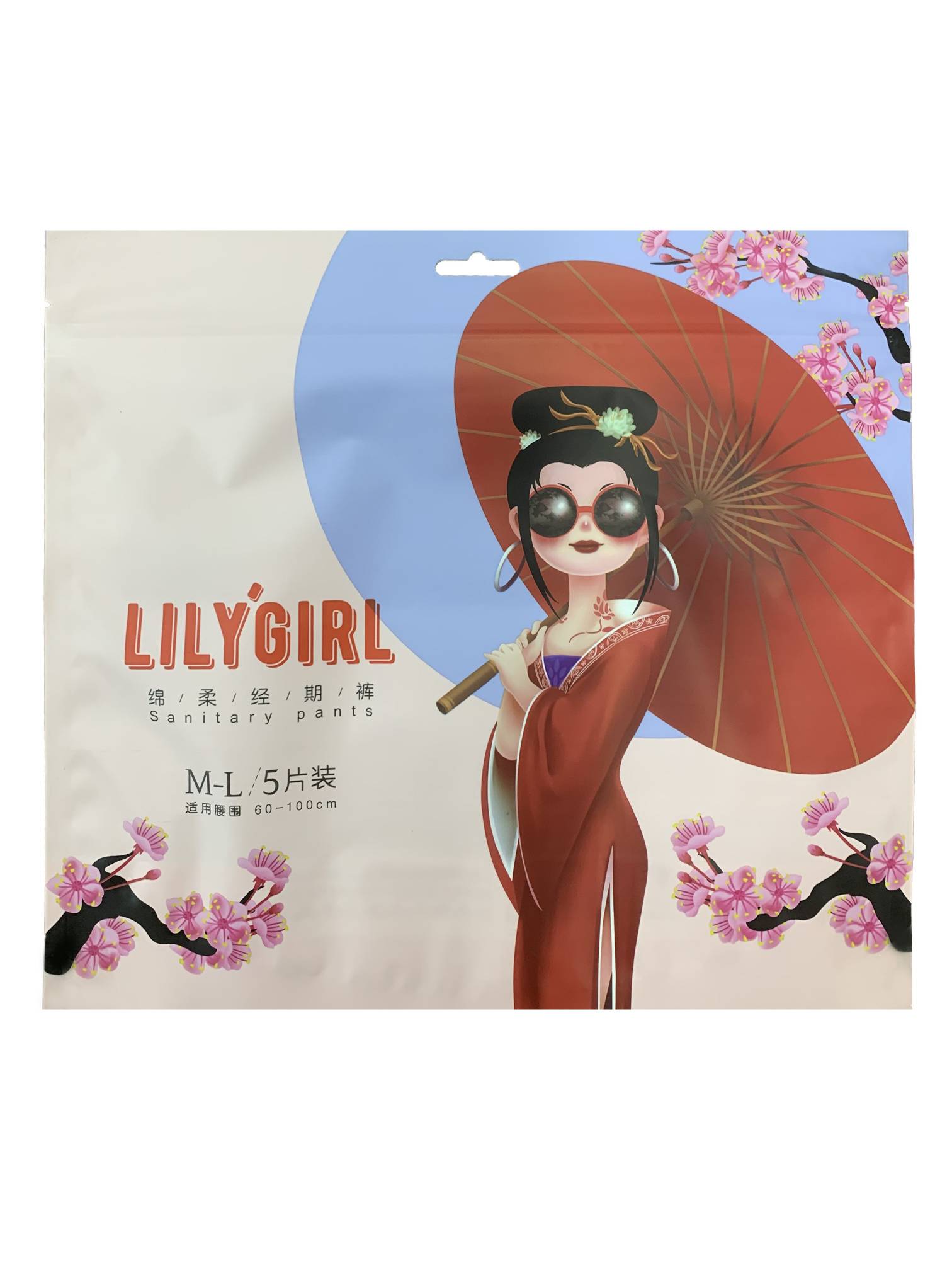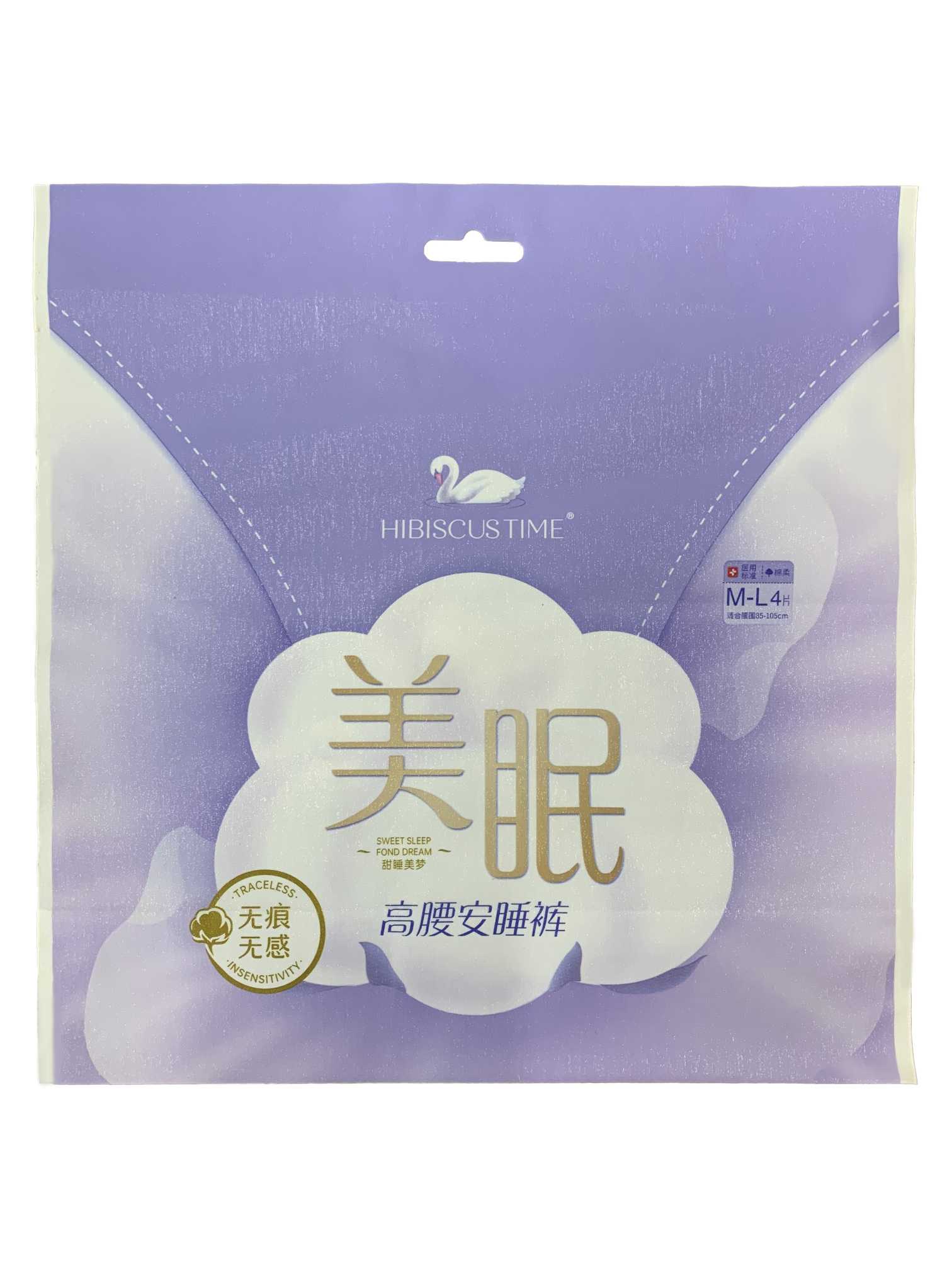Author:Tansox Packaging Poly Bags Manufacturer TIME:2025-04-25
Resealable polypropylene bags are widely used for packaging various types of products, ranging from food items to cosmetics and pharmaceuticals. Their versatility and convenience have made them a go-to choice for both manufacturers and consumers alike. However, one of the key concerns people often have when choosing resealable polypropylene bags is whether they are leakproof. In this article, we will delve into the properties of these bags, examine how leakproof they really are, and explore their uses and limitations. By the end, you'll have a clearer understanding of whether these bags are the right choice for your packaging needs.
Resealable polypropylene bags are made from a type of plastic called polypropylene, a polymer known for its durability and flexibility. These bags feature a resealable closure, which can be a zip-lock mechanism or a flap that allows the bag to be opened and closed multiple times. Polypropylene is a popular material for packaging due to its resistance to chemicals, moisture, and high temperatures. The resealable feature makes these bags convenient for storing and preserving the contents, as they can be sealed to maintain freshness and prevent contamination.

Polypropylene bags are designed to be resistant to moisture and air, but the degree to which they are leakproof can vary depending on the quality of the material and the construction of the bag. While polypropylene itself is water-resistant, it is not entirely impermeable. The bag’s ability to hold liquids without leaking depends on several factors, such as the thickness of the material, the type of resealable closure, and how well the bag is sealed.
In general, resealable polypropylene bags are good at preventing leaks for dry or powdery substances. However, when it comes to liquids, the bag may not always provide a completely leakproof seal. If the bag is filled with liquid, such as soup or sauce, there is a higher risk of leakage, especially if the closure is not properly sealed. The zip-lock or flap seal can also degrade over time, reducing its effectiveness in preventing leaks.

Several factors determine the leakproof properties of a resealable polypropylene bag. These factors include the bag's construction, the seal mechanism, and how well the bag is closed. Let’s take a closer look at each of these elements.
The quality of the polypropylene used in the bag plays a significant role in determining its leakproofness. High-quality polypropylene offers better resistance to moisture and external pressure, making it more likely to create an effective seal. On the other hand, low-quality polypropylene may have microscopic holes or weaknesses that can lead to leakage over time, especially when subjected to high pressure or rough handling.
The type of resealable closure used in the bag is also critical to its leakproof performance. Zip-lock closures are popular because they provide a tight seal, but even these can fail if not closed properly. Some resealable bags use heat seals or adhesive strips, which may offer a more secure seal, but these can be difficult to reopen once closed. A poor-quality seal or improper sealing technique can lead to leaks, even in bags made from high-quality polypropylene.
The size of the bag and the pressure applied to it can also affect its leakproof capabilities. Small bags used for single servings or lightweight items typically have a higher chance of sealing properly than larger bags filled with heavy or liquid contents. Additionally, applying too much pressure on a resealable bag, such as over-packing it or placing heavy objects on top, can cause the seal to weaken or break, leading to leaks.
Resealable polypropylene bags are commonly used in various industries for packaging and storing a wide range of products. These bags are particularly popular in the food industry due to their ability to preserve the freshness of food items. They are often used to package snacks, dried foods, coffee, and spices. In addition, they are used in non-food industries for packaging small electronic parts, cosmetics, and pharmaceuticals.
In the food packaging industry, resealable polypropylene bags are used to store dry goods like nuts, grains, and snacks. These bags help to preserve the product’s freshness by preventing exposure to air and moisture. However, when it comes to packaging liquid products like sauces, soups, or beverages, manufacturers often opt for specialized leakproof bags or additional sealing technologies to prevent any risk of leakage.
Resealable polypropylene bags are also used for packaging small items in industries like electronics, pharmaceuticals, and cosmetics. These bags are ideal for holding small parts, such as screws or pills, and can be used to store toiletries and beauty products. In these applications, the primary concern is usually protecting the contents from moisture and dust rather than liquid leakage. However, when storing items like creams or gels, a more reliable leakproof solution may be necessary to avoid messes.

While resealable polypropylene bags offer many advantages, they do have some limitations, particularly when it comes to leakproofing. These bags are best suited for dry and non-liquid items, as their ability to contain liquids is less reliable. Here are a few limitations to consider:
As mentioned earlier, resealable polypropylene bags are not entirely leakproof when it comes to liquids. For products like liquids or pastes, additional sealing methods may be required to ensure the contents remain secure. Some manufacturers may use thicker, more durable plastic or double-sealed bags for liquid products, but a basic resealable polypropylene bag may not provide a foolproof solution for these items.
Over time, resealable polypropylene bags can degrade due to exposure to UV light, high temperatures, or rough handling. This degradation can lead to weakened seals and increased vulnerability to leaks. While polypropylene is a relatively durable material, it is not impervious to environmental factors, and the bag’s leakproofness can be compromised as it ages.
In conclusion, resealable polypropylene bags are generally water-resistant and offer a good level of protection against leaks, particularly for dry goods. However, they are not entirely leakproof when it comes to liquids, and their ability to prevent leakage depends on factors such as material quality, seal type, and bag size. While these bags are suitable for packaging dry items, you may need to consider other packaging solutions for liquids or products that require a high level of leakproofing. Understanding the limitations and uses of resealable polypropylene bags will help you make an informed decision about whether they are the right choice for your needs.